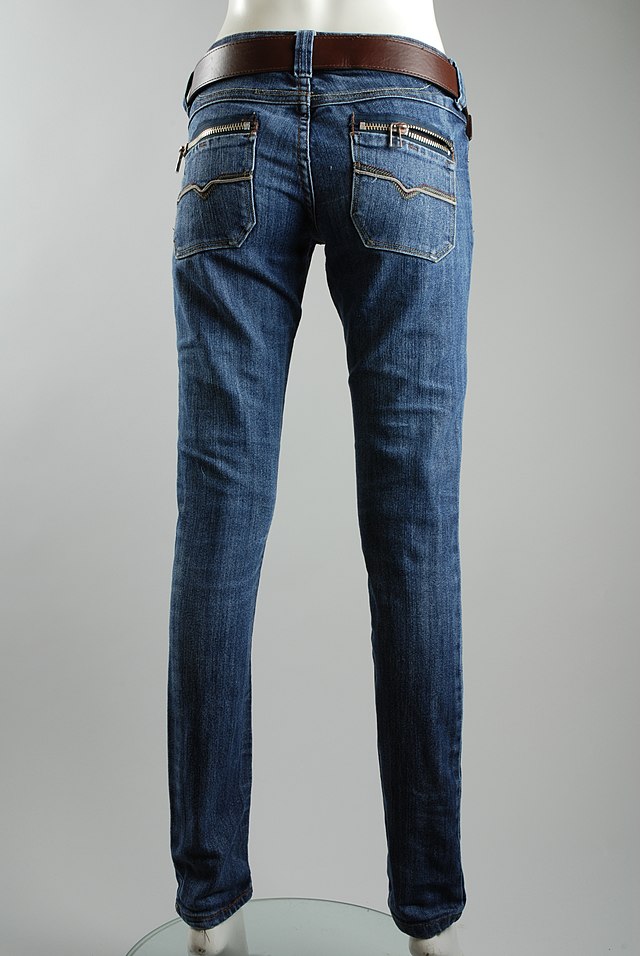The winter months come with a few inevitable things: low temperatures, snow, ice and, the worst of them all for a lot of people, dry air. As temperatures drop, dry air wreaks havoc on our bodies. Perhaps you’ve already stocked up on lip balm after the first few days of cold have taken their toll.
Taking care of your skin is a completely different ball game during the winter months, especially for people with naturally dry skin. The air loses its humidity and removes moisture from the body, which can be itchy, even painful. Skin is the body’s first defense against pathogens; the importance of keeping it healthy cannot be stressed enough. Fortunately, treating unfamiliarly dry skin isn’t as difficult as it sounds.
Any kind of cleansing, from showering to simple hand washing, becomes an acolyte in the dark cause of skin-dehydrating when under the evil influence of the dry, wintry air.
According to a list of winter skin care tips from WebMD.com, it’s crucial to swap out oil-free products for oil-based ones. Every time the skin is cleansed, it is stripped of its natural oil. WebMD suggests using a night cream because they are typically oil-based. There are a lot of affordable options, and they are readily available at any drugstore.
Target also sells a hydrating serum made by Boots which contains aloe, so it feels soothing upon contact. The serum can be worn with make-up too; just apply it, give it a minute or two to be absorbed, then apply whatever make-up you normally wear.
Boots also sells a night cream for $6.99, which also contains aloe. Both products are hypoallergenic and inexpensive. It’s also important to make sure the product is made specifically for the face because, according to WebMD, not all oil-based moisturizers are appropriate for use on the face.
In addition to moisturizing the face, many dermatologists recommend using a sunscreen because, even though it’s not summertime on the beach, the sun is still out; sunburns are a possibility year round, and winter is no exception.
It’s easy to kill two birds with one stone and use a moisturizer with an SPF count, the higher the better. However, the higher the SPF count is, the more expensive the moisturizer tends to be.
Using a night cream before bed and applying moisturizing lotion promptly after bathing or cleansing will keep the face healthy all winter, and nothing looks better on the face than healthy, happy skin.
A lot of people also experience painful drying of the hair and scalp when the air gets dry. To treat an itchy scalp, a dandruff shampoo is a good route to take, followed by a moisturizing conditioner.
Choosing the right anti-itch dandruff shampoo can be problematic because not all of them do a good job cleaning hair while relieving scalp itch.
Unfortunately, too much washing can cause a buildup of oil and cause the hair to look greasy. If it’s an option, washing hair every other day or using smaller amounts of shampoo or conditioner will decrease the oily build-up.
For others, dry skin doesn’t occur as much in the face and scalp as it does on other parts of the body. Some of the other common dry skin death traps are the knuckles, elbows and legs.
These spots are easy to treat because they’re not as sensitive as the face; any moisturizing lotion will get the job done. For particularly bad dry skin, deep moisturizers are available. No one brand is particularly more popular or more effective than another, so the options for body moisturizers are wide open.
Moisturizing shower gels and washes can add a little extra help because these areas aren’t prone to much oil build-up and can’t really be over-moisturized.
Buying products isn’t the only way to treat the general dryness that comes with the winter months. The easiest way to keep your entire body hydrated is to follow the age-old secret: drink a lot of water.
Keep a water bottle in your bag, get one with your lunch or dinner, and drink it all day. This advice should especially be followed by those who drink alcohol regularly. Alcohol dehydrates the body quickly, so keeping water handy before, during and after drinking will help the hydration problem (not to mention the hangover).
Coffee is also a major contributor to dehydration. Because coffee and alcohol are staples for many students, coupling them with a bottle or glass of water will be helpful not just during the winter but year round.
Taking care of your skin doesn’t have to be a big deal. With a few cheap moisturizing products and a little extra agua, the battle can be over just as quickly as the temperatures fell.
Ellie Rulon-Miller can be reached at [email protected].


















Keri • Jan 30, 2012 at 5:47 pm
I only use natural, hypo-allergenic and non-comedogenic products on my skin, so I was so excited to find Kukui Oil, now part of my daily regimen. It’s an amazing moisturizer for after my shower, and keeps my skin dewy and supple (never greasy.)